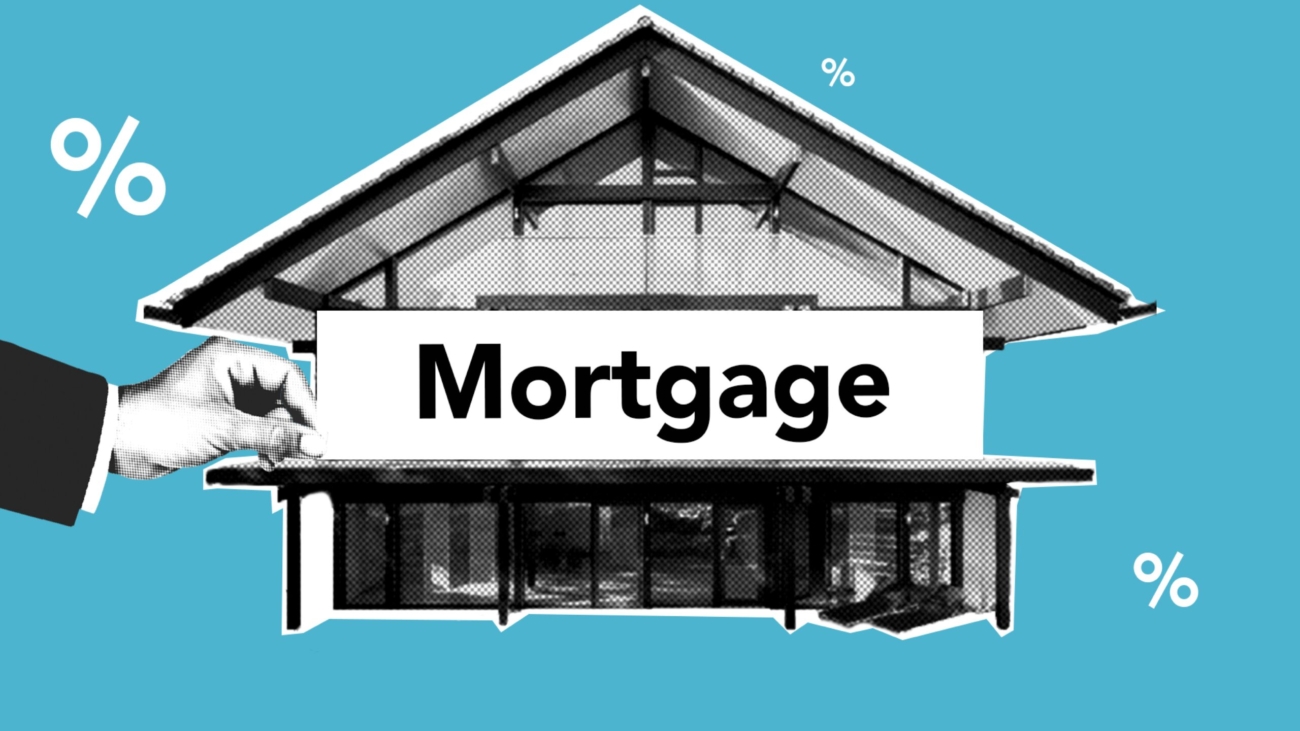When people are asked about mortgages, they’ll usually think of the various loaning options for purchasing a home. While most conventional mortgages serve this purpose, there are other financing products in the market for other purposes. For example, commercial mortgages are necessary for business owners to set up their on-site establishments. While it’s integral for business use, you could technically go over workarounds to use it for a residential property.
What Makes Commercial Mortgages Different?
While commercial mortgages are similar to any other mortgage loan, one of its requirements is having commercial real estate as collateral for your lender. Additionally, the borrower must be a business entity in some form, either as a corporation, enterprise, or limited company.
What Properties Can You Buy with a Commercial Mortgage?
Commercial mortgages are financing options that allow a person to purchase a wide range of properties for commercial purposes, from hotels to construction sites. However, there are other methods to interpret its function in the real estate market. For example, you can use its workarounds to consolidate your debts into one asset. In addition, there are ways for it to be considered for financing a residential property. This stipulation needs to observe certain guidelines, like an appropriate allotment of square lots for commercial use.
What Are Commercial Mortgages Like?
The terms on commercial mortgages can vary, depending on your lender. Besides the difference in fixed and adjustable rates, there’s also the issue of interest-only loans. These lending options let you make smaller monthly payments in a limited time if you can increase the property’s market value.
Generally, your lender will look for your credibility as a business owner when looking at your application. While there are overlaps with residential mortgages, the criteria and thresholds for most benchmarks are generally higher. This affects the rates, minimum down payment, and even your credit score requirement. Listed below are three variables you need to consider.
- Debt Service Coverage Ratio: This ensures that your loan payments don’t go beyond your capability of having actual cash on hand. Business owners typically add an investment of their own to balance the scale, allowing them to qualify for these benchmarks.
- Credit Score: Besides your debt service coverage ratio, you should pay closer attention to your credit history. Unlike typical home loans that can receive lower credit scores, commercial mortgages demand a minimum score of 700 or more. While some lenders can accept borrowers with riskier credit history, this often leads to numerous downsides on your final contract.
- Business Circumstances: Since lenders will be financing a business, they’ll need to assess the profitability of your enterprise. This will require you to provide financial projections and a proposed business plan to maintain liquid capital. Most lenders will demand a net worth of at least one hundred thousand dollars as the bare minimum for sustaining your business.
Additionally, borrowers need to wait longer to get approval for these financing options. Some applications can take anywhere from two months to well over a year before getting back a response.
Conclusion
Being more well-acquainted with the different loaning options available will expand your perspective on mortgages. Since applying for a mortgage is a long-term commitment, it’s beneficial to shop for the best options in the market. Thankfully, you don’t have to manually sift through the offers and companies your local lenders have to offer.
If you’re looking for a professional mortgage agent in Ottawa, you’re in the right place. At Ottawa Mortgage Services, we empower Canadians to invest in the right future through strategic financial decisions. Contact us now for a free consultation!








